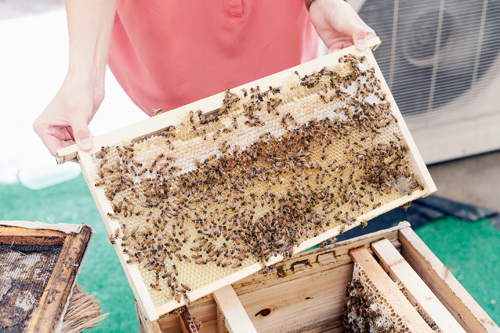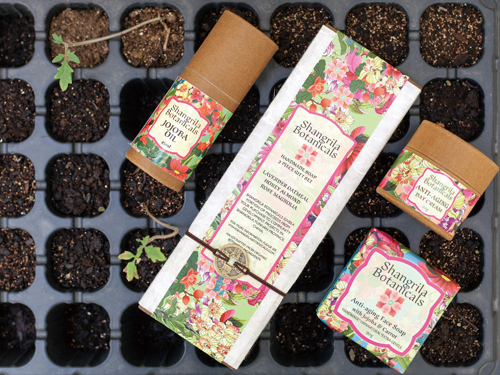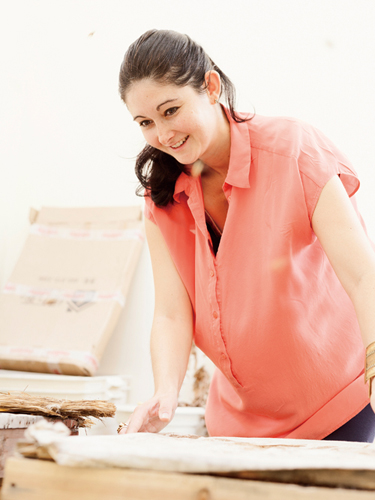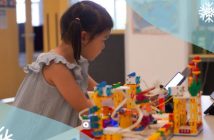
Shangrila Farms has run beekeeping programs in Yunnan for low-income farmers for several years, but July marked the first time that it offered workshops for city-dwellers in Beijing. We recently met up with Co-Founder and CEO Sahra Malik (pictured below) to learn more about the humble honey bee.
At Shangrila Farms’ head office on Xindong Lu, we stepped through a window to find a covered atrium with two large bee boxes. Hundreds of bees buzzed through the air and around our heads but Sahra assured us that Chinese bees are much milder than some of their foreign counterparts. “We have protective gear available, but most people don’t end up using it,” she said.

A colony houses around 20,000 bees; depending on the hive’s strength, it takes one to two weeks for worker bees to cover a wooden slat in honeycomb. More slats are inserted into the box as the honeycomb is completed. Honey is then separated from the combs using a spinning machine, and finally washed and bottled for consumption. During the winter, the boxes are wrapped in cloth for insulation and the bees are fed sugar water every week.
Shangrila Farms is a family affair. For many years, the Mahlik siblings’ mother has run an NGO called the Yunnan Mountain Heritage Foundation. Sahra helped out by creating designs for the NGO. Around the same time, her older sister Alia developed a natural skincare line called Shangrila Botanicals. Eventually, they started a new company called Shangrila Farms. Their younger brother, Safi, currently leads the urban beekeeping workshops and serves as the company’s chief operating officer.
Though Shangrila Farms holds two fair trade certifications and individual organic
certifications for specific products, Sahra warns consumers to take these labels with a grain of salt. “It’s such a gray area for organics in China,” she said. “Many Chinese honeys are diluted or completely fake. RMB 30 for 500g is simply not a sustainable price.” By comparison, Shangrila Farms’ honeys retail for RMB 58-68 for 500g depending on the floral source.

In addition to honey, Shangrila Farms sells coffee, natural soaps, and its original
Shangrila Botanicals skincare line. In Beijing, its products are available through their website as well as outlets like Jenny Wang, April Gourmet, Nick’s Mart, and Lucky Chain. The Mahlik siblings can also be frequently seen selling their wares at Christmas bazaars during the holiday season.
“Urban Beekeeping: The Untold Story of the Honey Bee” is suitable for ages 3 and up. The workshop costs RMB 150 per person. To reserve a spot, email sammi@shangrilafarms.com. To find out, visit www.shangrilafarms.com.
photos by SUI
This article originally appeared on p22 of the beijingkids October 2013 issue.
Check out the PDF version online at Issuu.com



